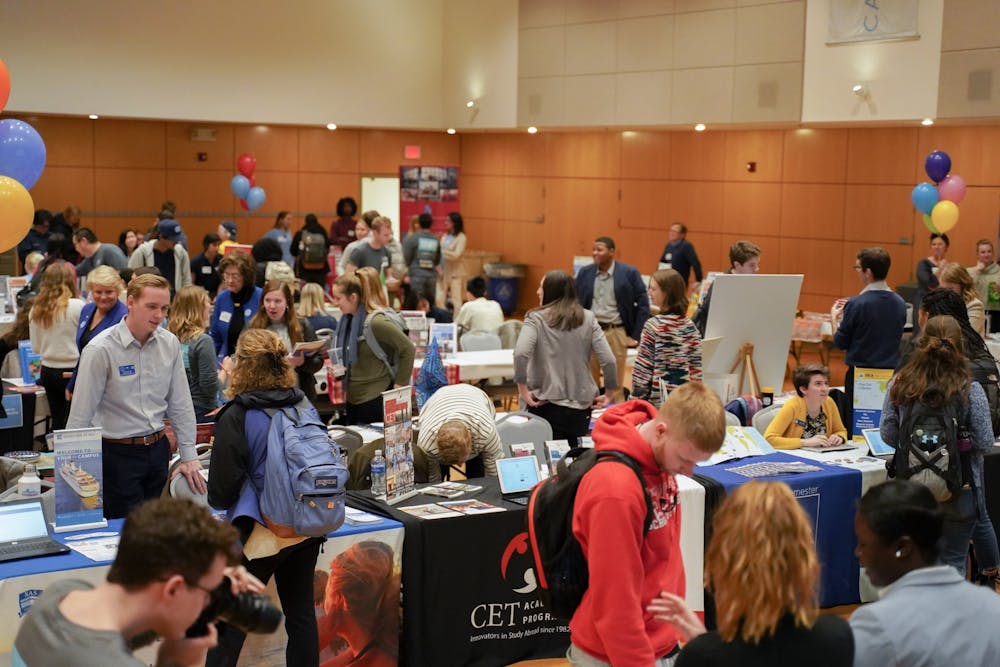There are physical borders at UNC that students know well: North and South Campus, East and West Franklin Street, upper and lower quad. There are metaphorical borders, too: in-state and out-of-state students, lower and upperclassmen, humanities and STEM majors.
A special summer course, created by Lookout Scholars Program Director Carmen Gonzalez and Director of Carolina Covenant Candice Powell, is looking to examine both kinds of borders and how they can shape people's perceptions of the country and their own lives.
The creation of the course, EDUC 320:"Navigating Education Borderlands", was funded by a donation by UNC alumnus and former first-generation college student Rusty Cumpston.
“We had a good friend and colleague at the University of Arizona, so when we were thinking about, 'How are we going to offer a study abroad type of experience for first generation college students?' we thought that would be a great place to start," Gonzalez said. "Because that area of the country geographically is so different, and if a student has never had an experience in that part of the country it’s really enriching and interesting to see."
The course creates an immersive experience for first-generation college students to explore their transition into higher education.
“First-generation college students in a sense have crossed a type of border in their life, being the first ones to go on and earn a bachelor’s degree in their family,” Gonzalez said. “So we really talk about the different types of borders in a theoretical sense, while students are also learning about the real physical border that exists between the U.S. and Mexico.”
In a partnership with the University of Arizona and the University of Sonora, the students spend three weeks immersing themselves in border issues, splitting time between the U.S. and Mexico.
Darian Abernathy, a junior who has participated in the program, said students spend one week in Arizona listening to lectures and preparing to go across the border.
“It’s not just university professors, it’s people that are doing research in the town — we have government officials, we have other organizations that are working in the community to help immigrants," Abernathy said.



